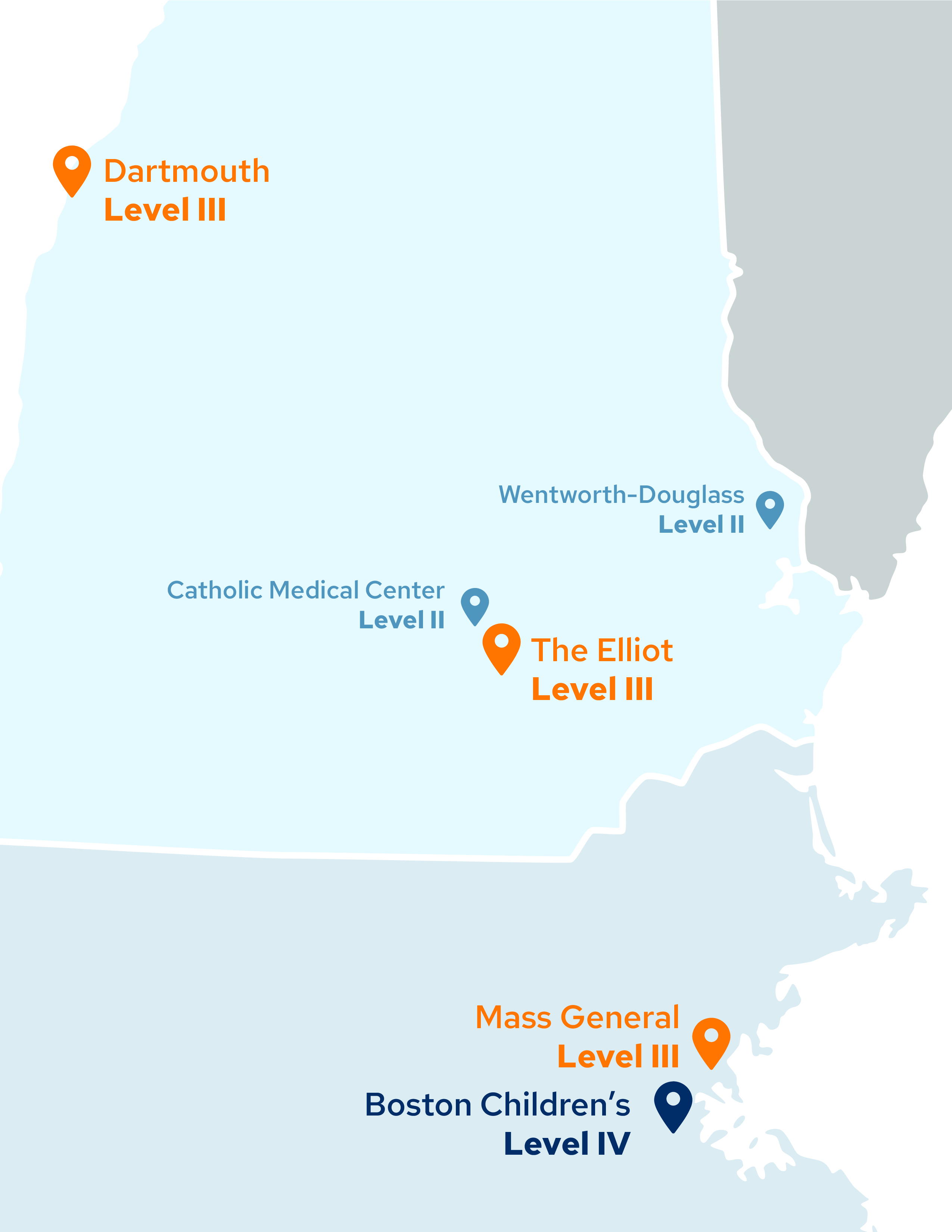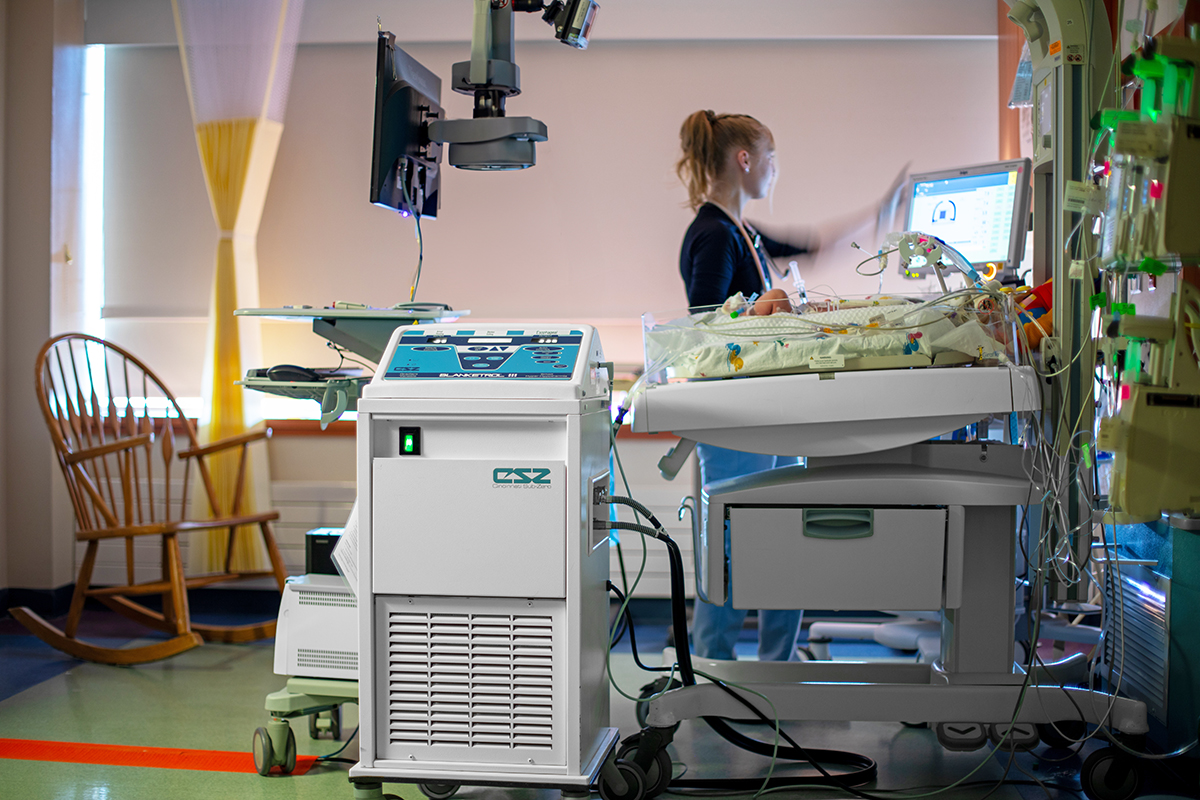June 5, 2024
What Do Neonatal Levels of Care Mean?
In the world of neonatal care, the level of support  and specialized care provided can impact the kinds of treatment that newborns receive. Neonatal Intensive Care Units (NICUs) are specialized facilities designed to provide advanced care to premature babies and those born with medical complications. The levels of neonatal care are structured to ensure that infants receive the appropriate level of care based on their needs.
and specialized care provided can impact the kinds of treatment that newborns receive. Neonatal Intensive Care Units (NICUs) are specialized facilities designed to provide advanced care to premature babies and those born with medical complications. The levels of neonatal care are structured to ensure that infants receive the appropriate level of care based on their needs.
Understanding levels of neonatal care, as determined by the American Academy of Pediatrics, can guide decisions about where to seek care and what parents can expect for their baby.
Level I: Well Baby Nursery
Level I centers are often called “Well-Baby Nurseries,” as they provide care for newborns who are born at 35 weeks and older and have no complications that require specialized care. Hospitals that deliver babies but don’t have the resources or staff for more complex medical conditions are considered Level I centers of neonatal care.
Babies in a Level I nursery receive routine care such as feeding, monitoring vitals, and breastfeeding assistance. While these units are not able to care for infants with complex medical conditions, they are trained to recognize signs and symptoms and can escalate care to a higher-level NICU if needed.
Level II: Special Care Nursery
Level II centers, also called “Special Care Nurseries,” offer more advanced care than Level I centers for babies who need additional monitoring and support, but not the highest level of intensive care. These centers are staffed by neonatologists, neonatal nurse practitioners and physician assistants, neonatal nurses, and other specialists like lactation consultants and respiratory therapists.
Infants in these special care nurseries may have conditions such as jaundice, feeding issues, or respiratory complications that need closer observation and treatment. Special care nurseries can treat infants, including nasogastric feeding and non-invasive respiratory support.
Level III: Neonatal Intensive Care Unit
Level III NICUs, like ours at Elliot Hospital, are equipped to manage critically ill newborns who need intensive medical care. These NICUs are typically found in tertiary care centers or larger regional hospitals with specialized resources and a multidisciplinary team to handle these complex conditions. The Elliot has the only Level III NICU in southern New Hampshire.
Infants in Level III NICUs may be born extremely premature, have congenital anomalies, or require surgery shortly after birth. These units offer many specialized services, including advanced respiratory support and access to subspecialists like neonatal surgeons and cardiologists.
Level IV Regional Perinatal NICU
Level IV NICUs, also known as Regional Perinatal Centers, provide the highest level of neonatal care and serve as referral centers for Level III NICUs. These units offer the most advanced care for newborns, including those who need further specialized long-term intensive care or cardiac surgical procedures.
The NICU is most often not part of a new parent's birth plan and can be very overwhelming. By understanding levels of neonatal care, parents and health care providers can work together to provide the best care and support for newborns in need. Ultimately, the goal of the NICU is to provide the best possible care for infants and send them home healthy and happy.
Learn About the Elliot Hospital NICU
You May Also Like:
- 10 Things Your NICU Nurse Wants You to Know
- What is a Neonatal Intensive Care Unit (NICU): Q&A with Dr. Lauren Priolo
